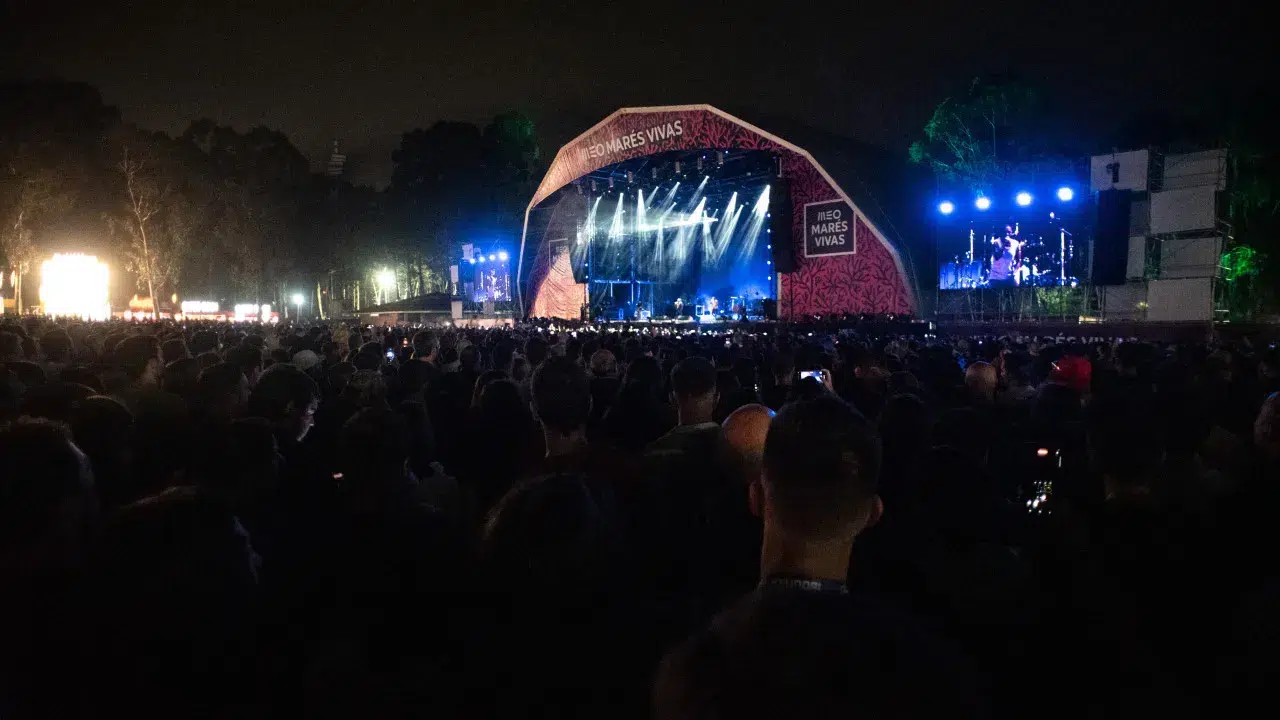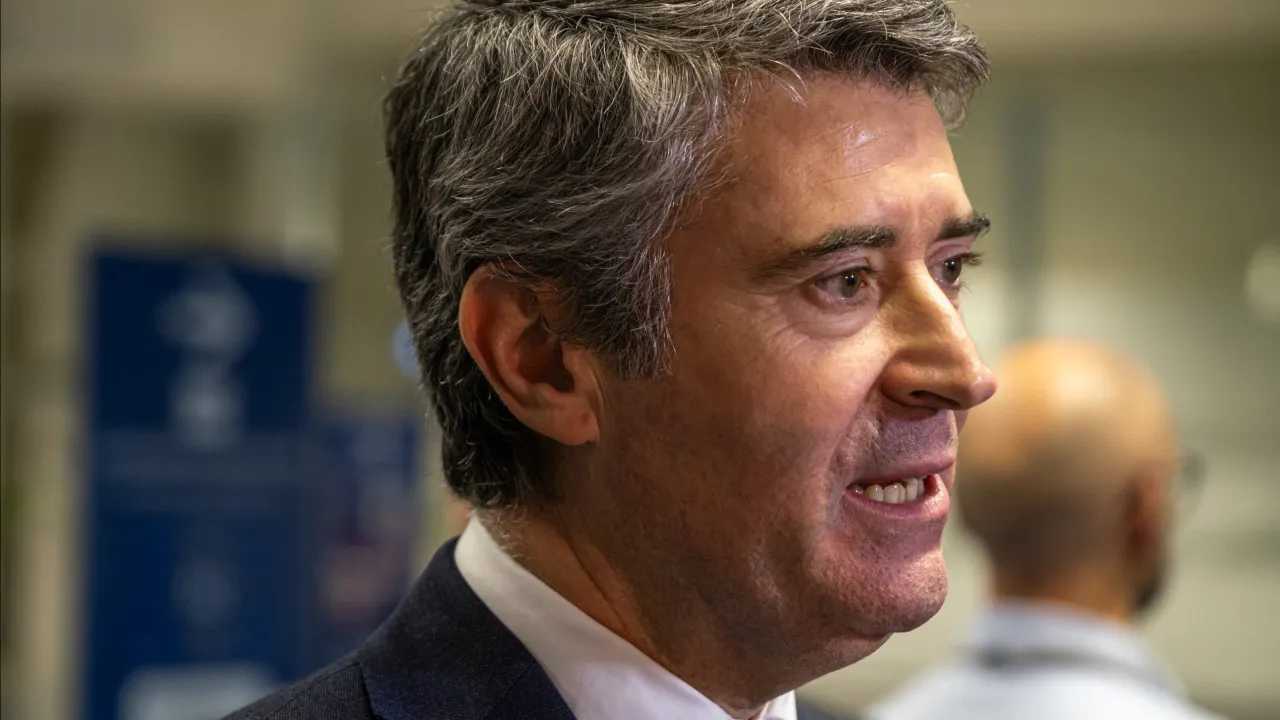
A statement released on Tuesday revealed that the six casino operators in Macau filed a total of 1,856 reports of suspicious transactions related to money laundering or terrorism financing.
The Office noted a “decrease in the number of suspicious transaction reports from the gaming sector” during the first half of the year as the main reason for a 12.6% drop in the overall number.
From January to June, the office received 2,515 reports, with 73.8% coming from casino concessionaires, 19.9% from banks and insurers, and 6.3% from other institutions and entities.
The mentioned sectors, including pawn shops, jewelry stores, real estate agencies, and auction houses, are required to report to authorities any transaction equal to or greater than 500,000 patacas (approximately 53,400 euros).
In 2024, the office received 5,245 reports, with the majority from the territory’s casinos: 3,837, an increase of 11.8% compared to the previous year and a new record.
In March 2022, the US Department of State designated Macau as a major global money laundering hub, highlighting the large-bet recruiters and the “illicit activities they often facilitate.”
This designation came despite the arrest of Alvin Chau Cheok Wa, leader of Suncity, in November 2021, who was then the world’s largest VIP betting recruiter.
According to the office’s annual report, Macau was the only member of the Asia-Pacific Group on Money Laundering (APG) that complied with “all 40 international standards” on preventing money laundering, terrorism financing, and the proliferation of weapons of mass destruction.
The office has signed information exchange agreements with 33 countries and territories, including the Financial Intelligence Unit of Portugal’s Polícia Judiciária in 2008, the Financial Intelligence Unit of the Central Bank of Timor-Leste in 2018, and in 2019, the Financial Activities Control Council of Brazil and the Financial Intelligence Unit of Cape Verde.
In a statement released today, the Office announced the completion of procedures to sign an information exchange agreement with Angola, aimed at preventing money laundering, terrorism financing, and the proliferation of weapons of mass destruction.
The office mentioned that this agreement was discussed during a meeting with representatives of the Financial Intelligence Unit of the Republic of Angola, alongside the Egmont Group meeting between July 6 and 11 in Luxembourg.
The Egmont Group is an international anti-money laundering organization that comprises 181 financial intelligence units worldwide.
Angola was added to the Financial Action Task Force’s (FATF) “grey list” in October due to shortcomings in its legal and financial regulatory regimes.
Mozambique is also on the FATF “grey list,” and the country was admitted to the Egmont Group on July 10, according to an announcement by the Mozambican Ministry of Finance.
The FATF, an intergovernmental organization, sets international standards for combating money laundering, terrorism financing, and the proliferation of weapons of mass destruction.
The “grey list” identifies countries actively working with the FATF to address strategic deficiencies in these areas.




